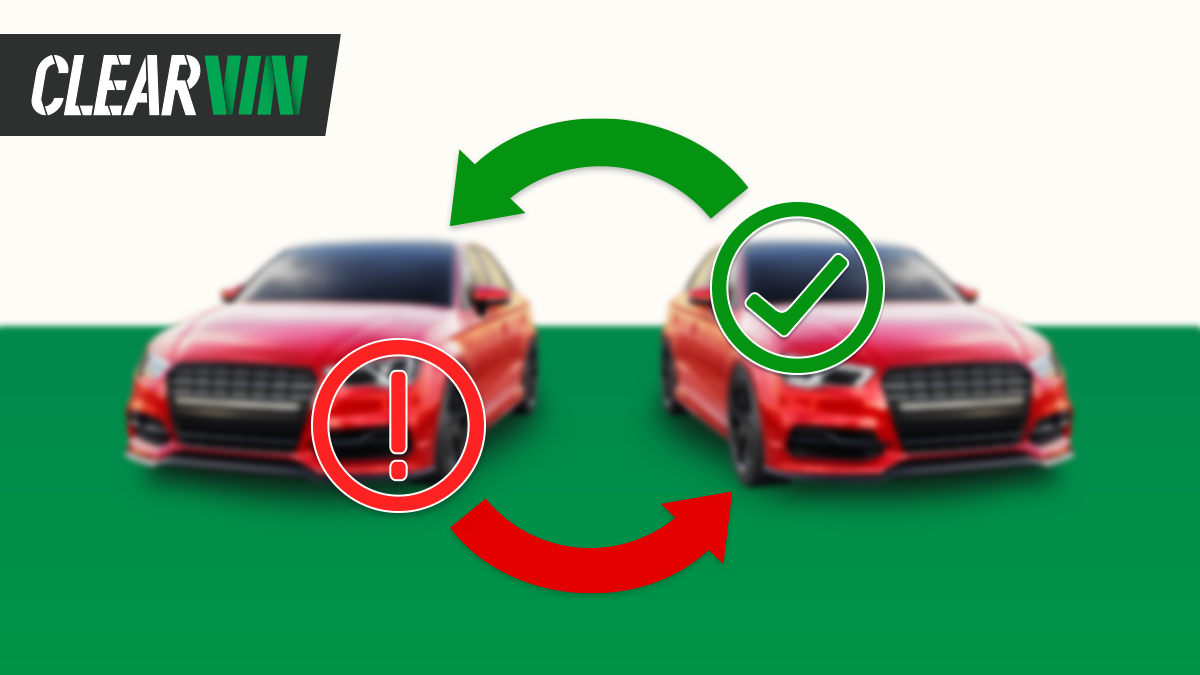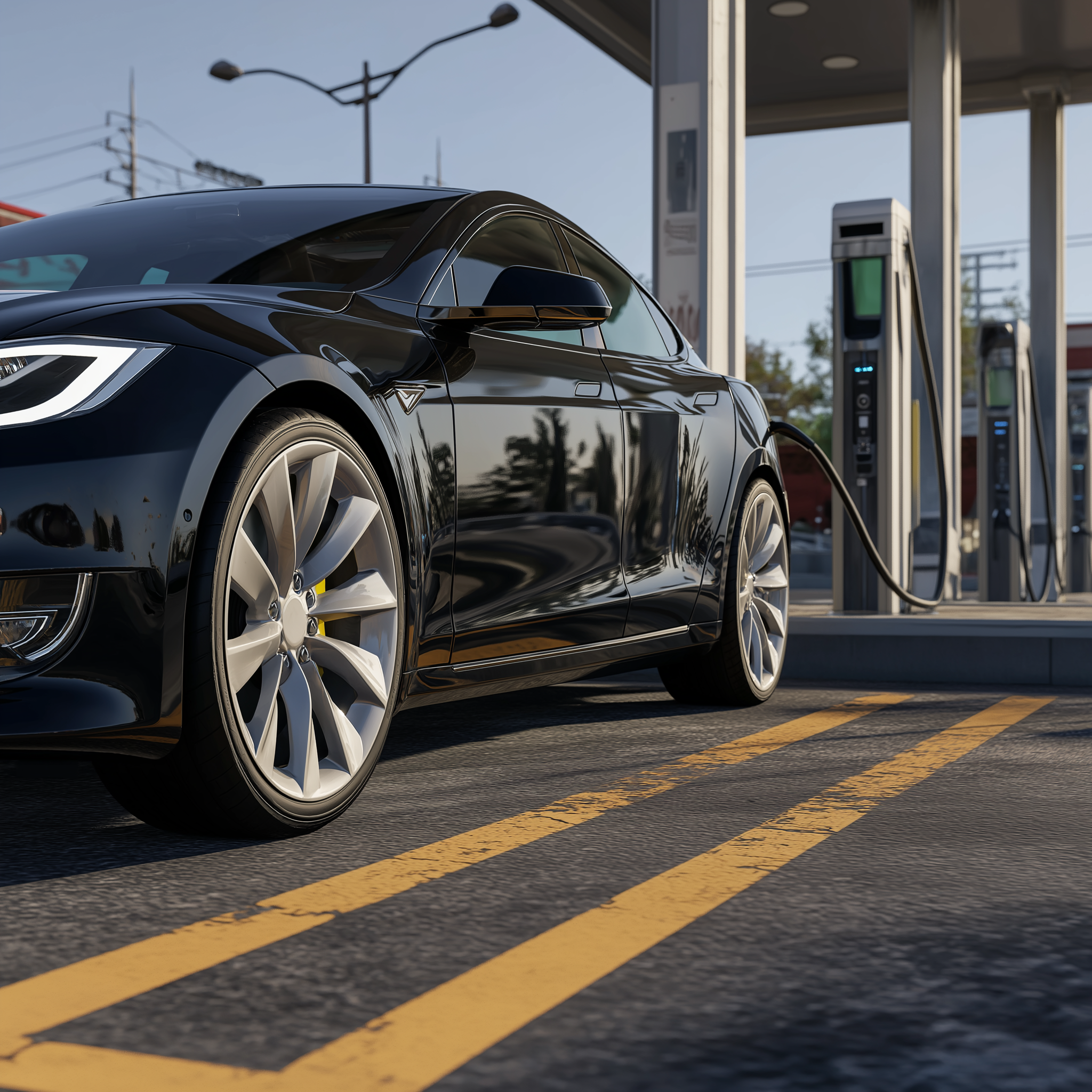During the 1960s the number of vehicles started to grow rapidly all around the country. In 1960, 41% of all unintentional injuries were associated with motor-vehicle crashes. Statistics were horrifying! Eventually, in 1966, the National Traffic and Motor Vehicle Safety Act was enacted to set and regulate new safety standards for motor vehicles and road traffic safety. It was the first mandatory federal safety motor vehicle standard. Today, the National Highway Traffic Safety Administration (NHTSA) established by the Highway Safety Act describes its mission as, “Save lives, prevent injuries, and reduce vehicle-related crashes“. Safety recall management is probably one of its key concerns.
How it works
Manufacturers of motor vehicles and vehicle equipment are required by law to comply with the safety standard. When a safety-related defect is discovered, they must initiate a recall. The NHTSA also can conduct a recall campaign. In this case, the agency obliges manufacturers to provide a free remedy. Car makers can’t legally refuse to repair a safety defect.
The oldest recall
The oldest recorded recall in the US is associated with 1959-60 Cadillacs. A steering linkage failed on many cars while making a 90 degree turn at 10 to 15 mph (24 km/h). Lately, the Ford Motor Company recalled 1.5 million Ford Pintos to install a modification to reduce the risk of fire. That was the largest recall in automotive history at that time. Over the past 20 years, the number of vehicles recalled has generally ranged from 15 million to 20 million. Some recalls and investigations stand out from the rest. For example, the Ford Pinto will always be remembered for its exploding gas tanks long after everything else is forgotten about the car.
Recall Impact
Even though the number of unique recalls and a total number of vehicles involved have been relatively flat over the past decade or so, now manufacturers are more inclined to initiate a recall rapidly with hopes of improving quality. No wonder. According to studies, a huge recall is serious enough to have a lasting effect on the manufacturer and brand reputation. Brand reputation’s effect on consumer reaction to a recall is reflected in used vehicle prices. Commonly, it happens with recalls which involve a large number of vehicles, numerous reports of severe injury or death, and extensive media coverage. So, automakers do everything possible to recall a defective vehicle in time.
Sum up
No doubt, the NHTSA has prevented tons of injuries and dramatically reduced economic losses. But despite both manufacturers’ and NHTSA attempts to recall faulty cars and motorcycles in a timely manner, it’s still estimated that one-in-three recalled cars go unfixed. For that reason, all drivers, and especially used car buyers, are advised to check a vehicle for recalls on their own. ClearVin offers both VIN and YMM (year, make, model) checkups at no charge. Recall information could relate to your safety, so take it seriously! A car VIN lookup is an essential step in the car buying process, as it can uncover potential issues that may not be immediately apparent. Also ClearVin Car Emission Test Check instantly provides interstate vehicle emission testing results by VIN.










